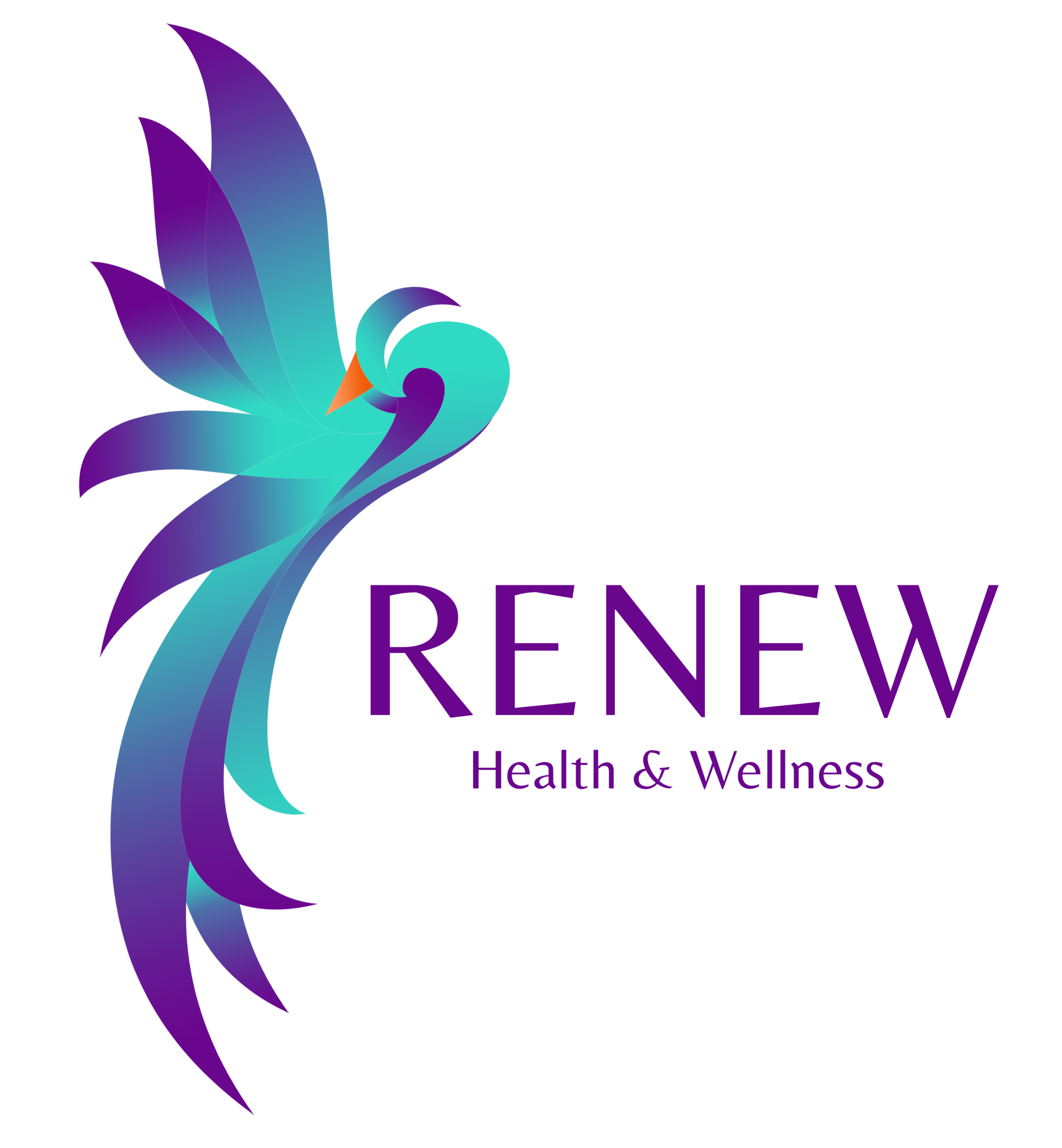Reducing Toxic Exposure Through Smarter Beauty Choices
Shampoos, lotions, makeup, and skincare—these products are part of daily routines, but what’s actually inside them? Many conventional beauty products contain chemicals that can disrupt hormones, stress the immune system, and contribute to long-term health concerns. With growing awareness of how these ingredients impact the body, the shift toward clean beauty isn’t just a passing trend—it’s a necessity.
The Hidden Toxins in Everyday Products
Many mainstream personal care products contain all sorts of toxic ingredients. In Europe, there are over 1,300 banned chemicals for use in cosmetics and personal products. There are only 11 banned in the United States in the same category. What this means is you cannot assume that just because a product is on the shelf it is safe to use.
The most impactful, especially to women, are endocrine disruptors, substances that interfere with hormones in the body and wreak havoc on the thyroid, adrenal glands and ovaries or testes. Ingredients like parabens, phthalates, and synthetic fragrances mimic or block hormones, potentially leading to imbalances linked to reproductive issues, metabolic disorders, and even certain cancers.
Another common concern is immunotoxicity. Chemicals such as formaldehyde (a preservative in some cosmetics) and artificial dyes can trigger immune responses, increasing inflammation and skin sensitivity
Long-term exposure to carcinogenic compounds in beauty products is also a growing concern. Studies have linked talc (sometimes contaminated with asbestos) and certain hair dyes to increased cancer risks.
https://www.niehs.nih.gov/health/topics/agents/endocrine
https://www.bcpp.org/our-work/personal-care-products/
Why ‘Clean’ Matters
Switching to clean beauty means choosing products free from harmful chemicals and filled with ingredients that support, rather than stress, the body. The skin absorbs much of what is applied to it, and using non-toxic alternatives reduces the toxic burden on vital organs, including the liver and endocrine system
Clean beauty isn’t just about avoiding harmful ingredients—it’s about prioritizing transparency. Brands that follow clean beauty principles disclose full ingredient lists and avoid misleading claims, ensuring products are truly safe for long-term use.
How to Make the Switch
Transitioning to a clean beauty routine can feel overwhelming, but small, mindful changes make a big impact. Start by replacing the most frequently used products first—such as deodorant, lotion, and foundation—with non-toxic alternatives.
Check ingredient labels: Look for products free from parabens, phthalates, sulfates, and synthetic fragrances.
Avoid anti-perspirants: The body is meant to detoxify through sweat. Anti-perspirants usually contain aluminum, a heavy metal that blocks the sweat glands. Aluminum should be avoided at all costs...
...That includes cooking with aluminum, because it has been linked to neuro-degenerative disease like Alzheimers.
https://pubmed.ncbi.nlm.nih.gov/26592479/
Use the EWG database: The Environmental Working Group (EWG) Skin Deep website provides safety ratings for thousands of personal care products. The EWG Skin Deep website gives ratings for common concerns like cancer, immunotoxicity, developmental and reproductive toxicity (endocrine disruptors), and use restrictions. (I personally only use personal products with a rating of 3 or lower.)
Prioritize organic and plant-based formulations: These tend to contain fewer synthetic chemicals. But always remember to read the label.
The movement toward clean beauty is more than skin deep—it’s about long-term health and wellness. Swapping out toxic products for safer alternatives supports hormonal balance, reduces inflammation, and protects overall well-being. With the growing availability of non-toxic beauty brands, making the shift has never been easier.
Our Mission at Renew Health & Wellness
True health starts from the inside out, and that includes what goes on the skin. Functional medicine looks at the bigger picture—how toxins in everyday beauty products impact hormones, metabolism, and long-term wellness. Many conventional skincare and personal care items contain endocrine disruptors, which can interfere with hormone balance, contribute to inflammation, and burden the body’s detox pathways.
At Renew Health & Wellness, the focus is on providing education and solutions that support the body’s natural ability to heal. By prioritizing clean, non-toxic alternatives, it's possible to reduce exposure to harmful chemicals, support hormone health, and improve overall vitality. Wellness isn’t just about avoiding toxins—it’s about nourishing the body with the right ingredients to help it thrive.

